Management / Articles
Moving on: how to pick transport trolleys for the food industry
Moving loads quickly and safely is no small feat. This is how to choose transport trolleys that take a load off heavy duty logistics tasks.
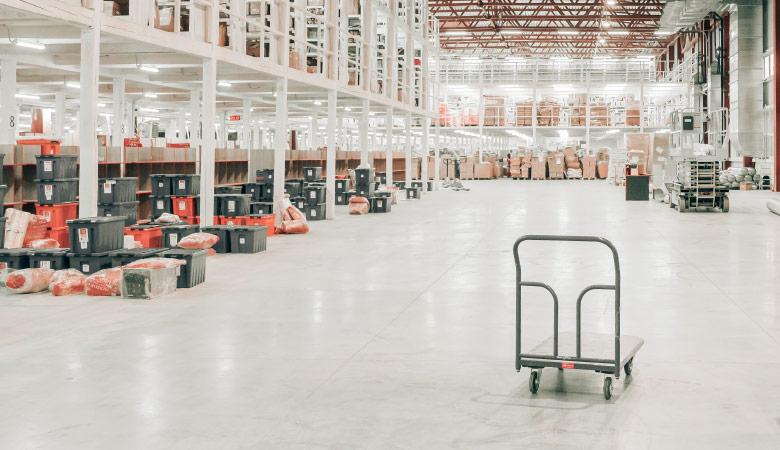
 9 minutes of reading
9 minutes of reading
2022-07-28 16:12:39
Internal logistics is one of the biggest challenges in the food sector. Raw materials, packaging, machinery and finished goods all need fast, seamless handling that protects cargo and the workers commandeering it.
Transport trolleys are a practical, safe, efficient tool. They are small, flexible, and require far less initial investment than more technological solutions. In addition, a new generation of trolleys is getting more sophisticated to meet the different needs and challenges of internal logistics. Find out which types of trolleys exist and which are best suited for the food industry.
Transport trolleys: what are they and what are they for?
Transport trolleys are used to move a wide range of loads from raw materials to work in progress (WIP), machine parts, maintenance tools or finished product. The aim is to ensure agility, safety and organization in daily work with a practical solution everyone can handle.
Thus, transport trolleys play a fundamental role in internal logistics and increase the productivity of material flows. They help save time, avoid lost goods and prevent accidents that could occur on manual transport. That is why they are so present in virtually all industries, and especially in the food sector. But finding the right transport trolley design for each case and operation can be a challenge, even for the most experienced logistics manager.
Advantages of transport trolleys for the food sector
Food companies need to handle large quantities of sensitive goods efficiently. Transport trolleys are key for this task – and many others.
1. Safety
Safety is one of the major advantages of transport trolleys, both from the workers’ and product’s point of view. On the one hand, they minimize damage to goods resulting from manual transport. On the other, they decrease the probability of work accidents and occupational diseases. Lifting and carrying heavy loads can cause muscle injuries, cramps, back pain and fatigue.
2. Space optimization
Production layout plays a vital part in streamlining different daily activities in a company. And a key part of layout definition is to establish efficient material flows that supply each workstation and transport raw materials between the different stages of manufacture to the finished product warehouse. The more flexible the internal transport solution, the greater the ability to adapt the layout depending on the production changes–and few solutions are as flexible as transport trolleys.
3. Flexibility
Logistics managers can easily adapt transport trolleys to suit any manufacturing process, accommodate layout changes and respond to different production volumes. They are therefore a good option for growing companies, or simply to keep production agile. This equipment requires limited maintenance and can withstand several years of activity with no repair or replacement.
What types of transport carts are there?
There are several types of transport trolleys, depending on the specific purpose for which they are intended. These are the main ones.
Wheelbarrows
Wheelbarrows are the most common across any industrial activity. They have two wheels and a small platform based on a solid metal structure, which allows a good distribution of weight and stability. They are ideal for quickly transporting light goods, such as stacked boxes, on short routes. Some wheelbarrows can be foldable, which makes them even more practical, and others come equipped with a battery for additional support in ramps.
Platform trolleys
Platform trolleys enable staff to carry heavier loads than wheelbarrows. They feature 4 robust wheels and a flat surface, sometimes with a non-slip finishing, to move various types of products with maximum safety. Some models may have a metal mesh around them for additional protection of the merchandise. Accessories like belts, brakes, side supports or handles make them even more efficient. They are a suitable solution for hotels, industrial kitchens or catering services.
Transport trolleys with shelves
These trolleys are similar to platform trolleys but contain multiple shelves. The number of shelves depends on the material to carry, and the weight of the products. Steel models offer greater stability and hygiene and, if equipped with directional casters, make movements easier. They are recommended for catering companies, hotels, clinics, hospitals and nursing homes.
Pallet trolleys
As their name implies, pallet trolleys are ideal for transporting pallets, especially in short distances between warehouses, production areas or other smaller areas, which do not allow for the use of a forklift. They are stable, and some can even weigh loads in a matter of seconds.
Transport trolleys for heavy loads
These types of trolleys are the most suitable for carrying heavy loads or with irregular shapes. They come equipped with pneumatic wheels to ensure stability, and are extremely durable and resistant, which make them suitable for uneven floors. Some models can withstand loads of up to 500 kg and most have a long lifecycle, even with continuous usage.
Transport trolleys: how to choose?
For transport trolleys to accomplish their mission efficiently, there are a few factors to consider.
Type of load
Choose a transport trolley suitable for the type of product to transport. Consider whether the goods are bulky, heavy and if they can be sorted into several modules of different dimensions.
Ease of washing
In the food sector, it is important to choose materials that facilitate hygiene and disinfection, such as stainless steel, aluminum or plastic. These do not gain moisture and do not deteriorate with maintenance.
Space
The space and layout are decisive factors when procuring transport trolleys. For example, the existence of elevators on every floor, and the size of corridors should be considered. The type of floor is also key – especially if trolleys go outside. In such cases, they should be equipped with accessories that minimize shaking.
Flexibility
If you need a transport trolley for various functions, choose trolleys that can be easily adjusted in height or length. Also, opt for modular solutions, which can be coupled, much like carriages on a train, to increase transport capacity.
Source: omnilift
In fact, best practices of internal logistics establish several parallels with rail transport such as designing fixed internal routes, with departure times every 15 or 20 minutes with designated stops throughout the plant and in the warehouses. As a result, every operator knows when the internal train will come their way and the uncertainties and ad hoc transport requests become a thing of the past. In Japan, they even have a name for this system – it’s called Mizusumashi (which loosely translates to water spider for its ability to hop seamlessly on riverbeds) and it’s a global internal logistics benchmark used by the largest food and automotive companies.
MultiWasher, to wash every kind of transport trolley
Transport trolleys are an essential means of ensuring that your company’s day-to-day operations run smoothly. They are especially important and useful in the food sector, and their maintenance can be extremely simple with the MultiWasher industrial washing machine, which perfectly sanitizes any utensil, tool or equipment. You can also safely disinfect transport trolleys, ensuring optimal conditions in highly sensitive sectors such as food or healthcare.
In addition, the MultiWasher is a sustainable and environmentally friendly machine, thanks to its automatic optimization of the amount of water, detergent and energy in each washing cycle. Contact us to see the MultiWasher in action and see what breathtaking performance looks like.
You may also like
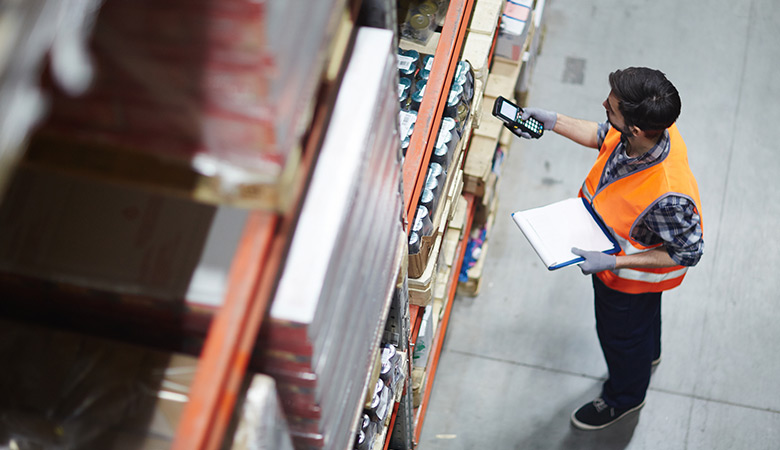
Management / Articles
Stock management: 6 tips to control inventory
Waste, delays and lost sales. These are just a few consequences of ineffective stock management. This is how to do it.
Posted in 2022-12-02

Management / Articles
Industrial kitchens: 13 optimization tips
These are 13 best practices to optimize an industrial kitchen and create a more functional, safe, organized and sustainable work environment.
Posted in 2022-08-16

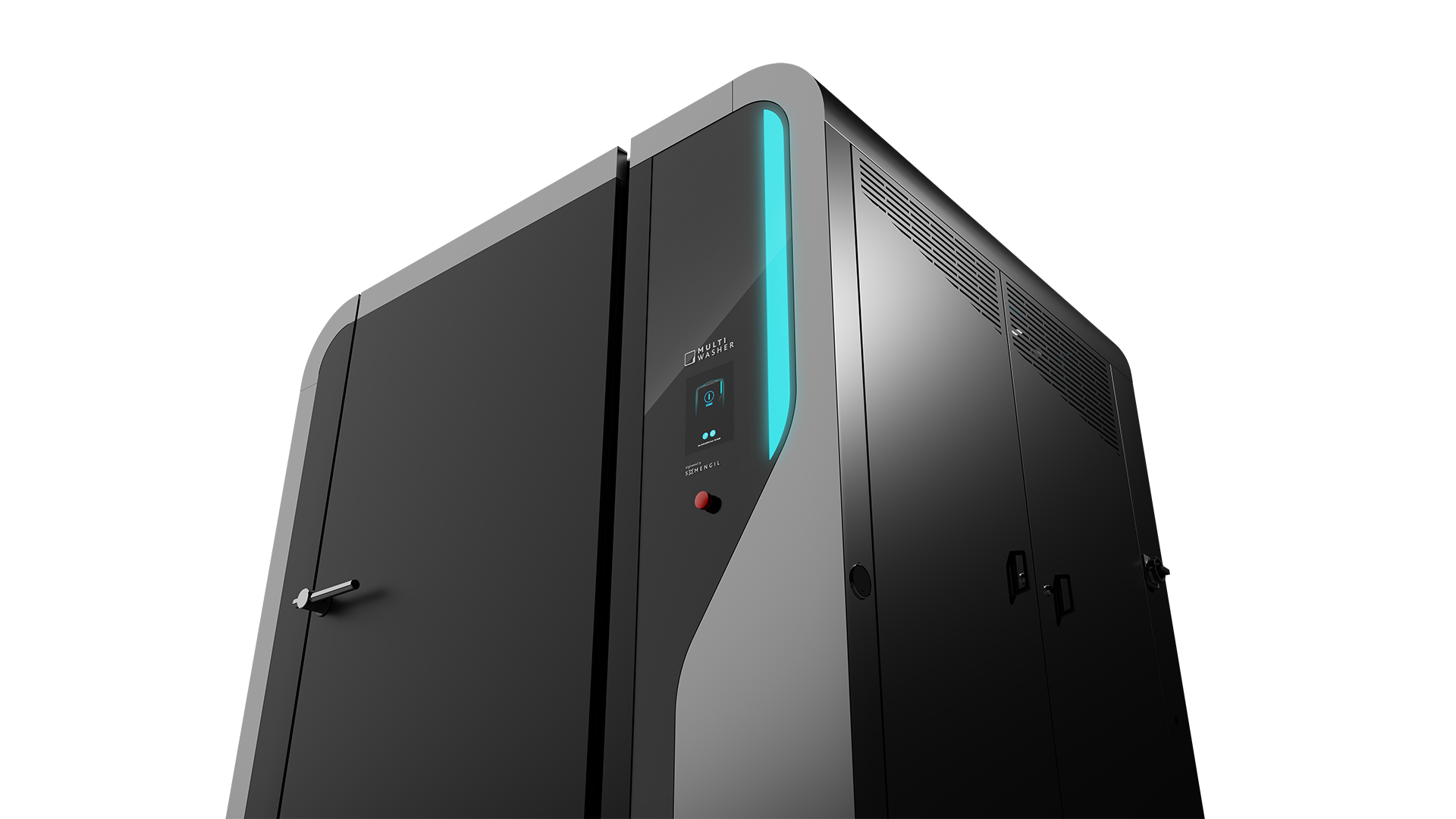
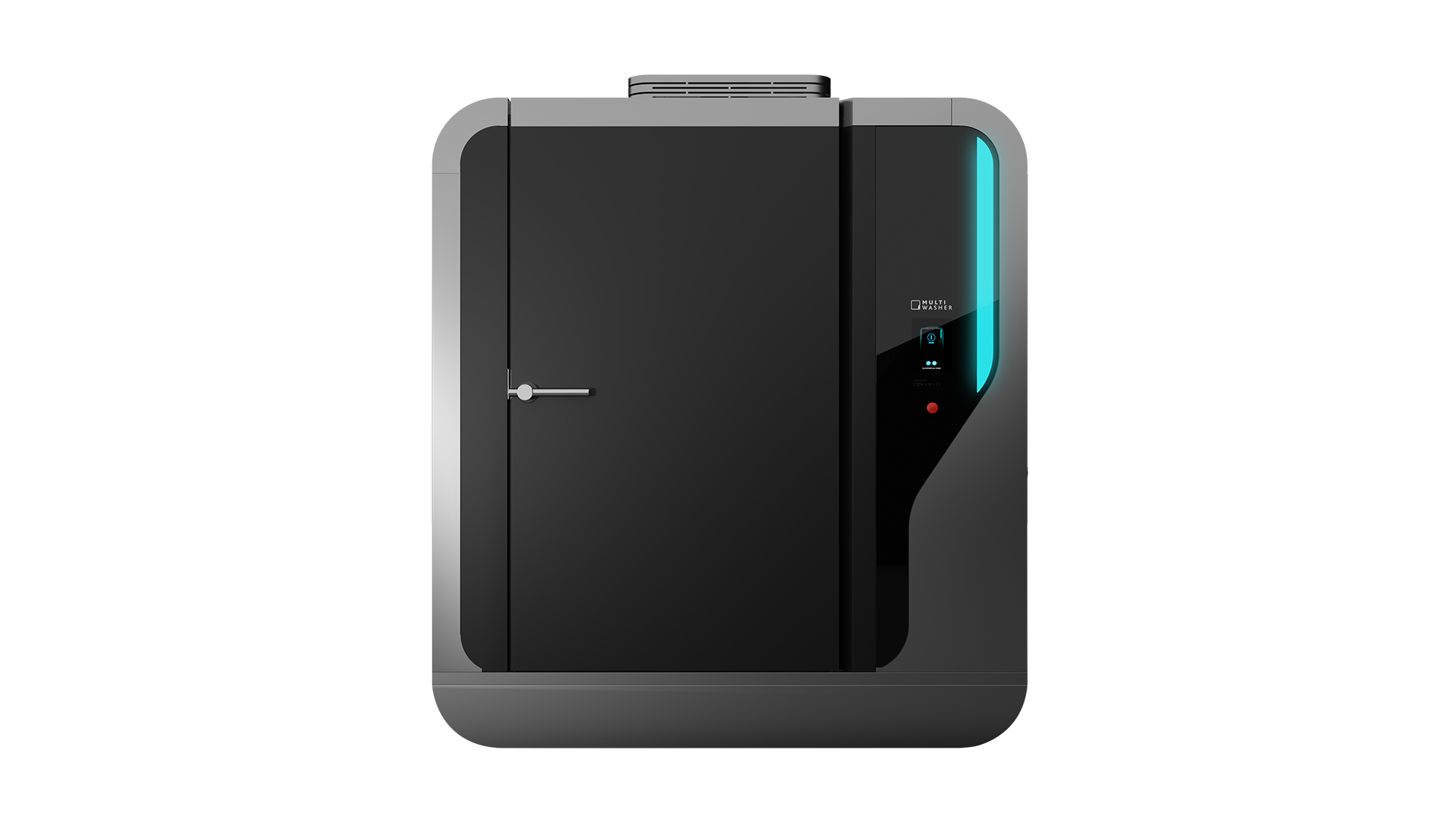
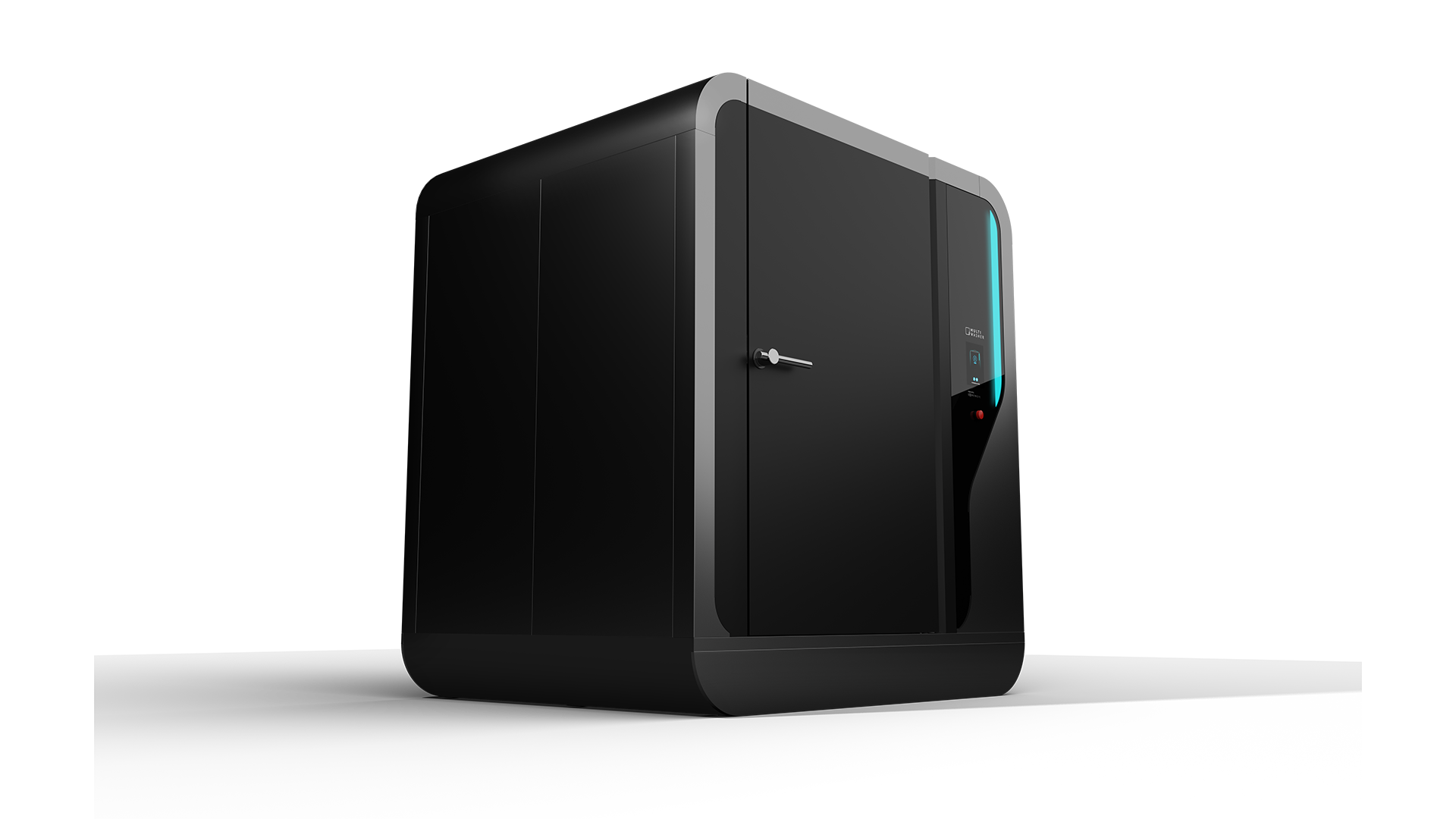
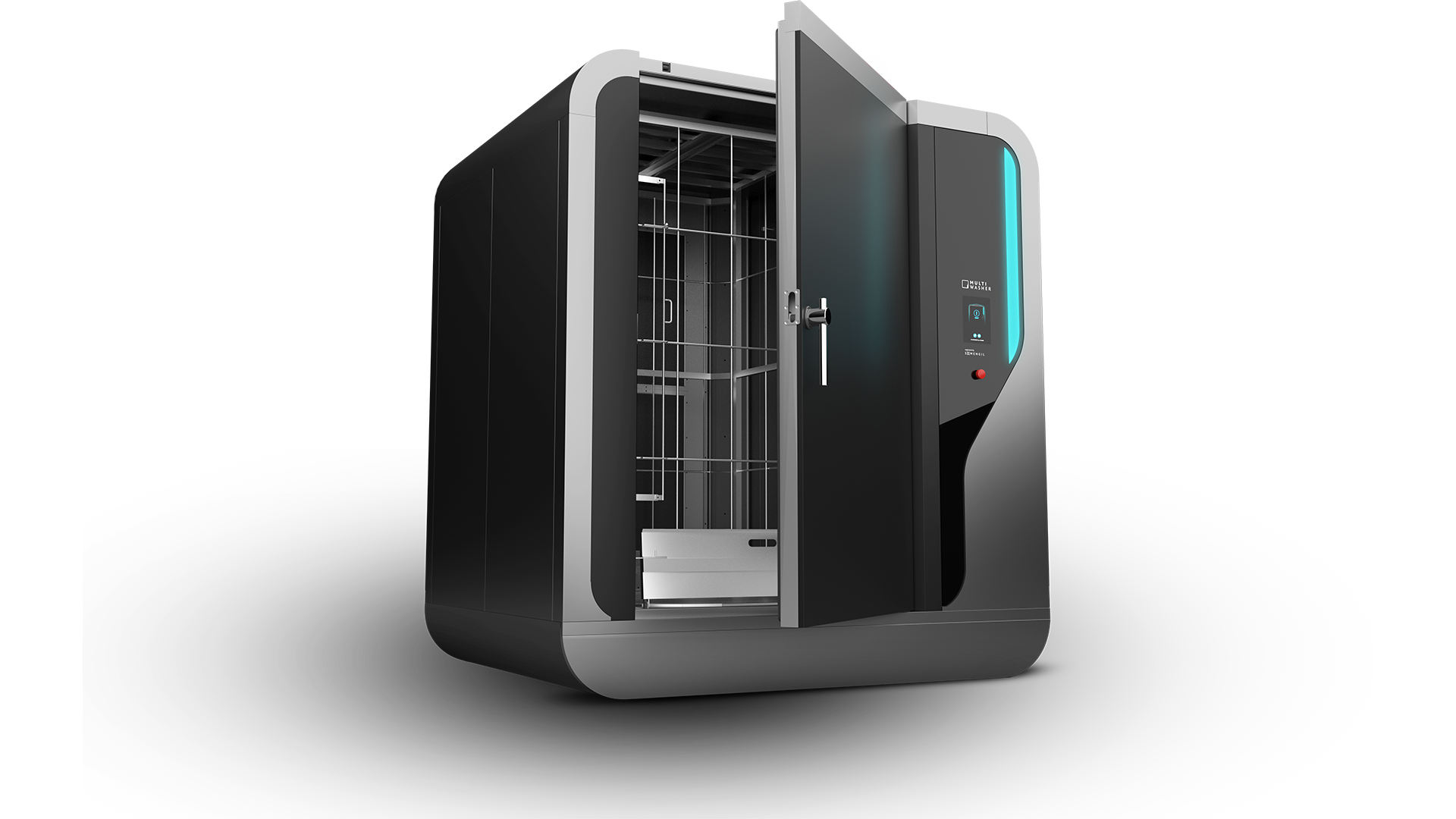
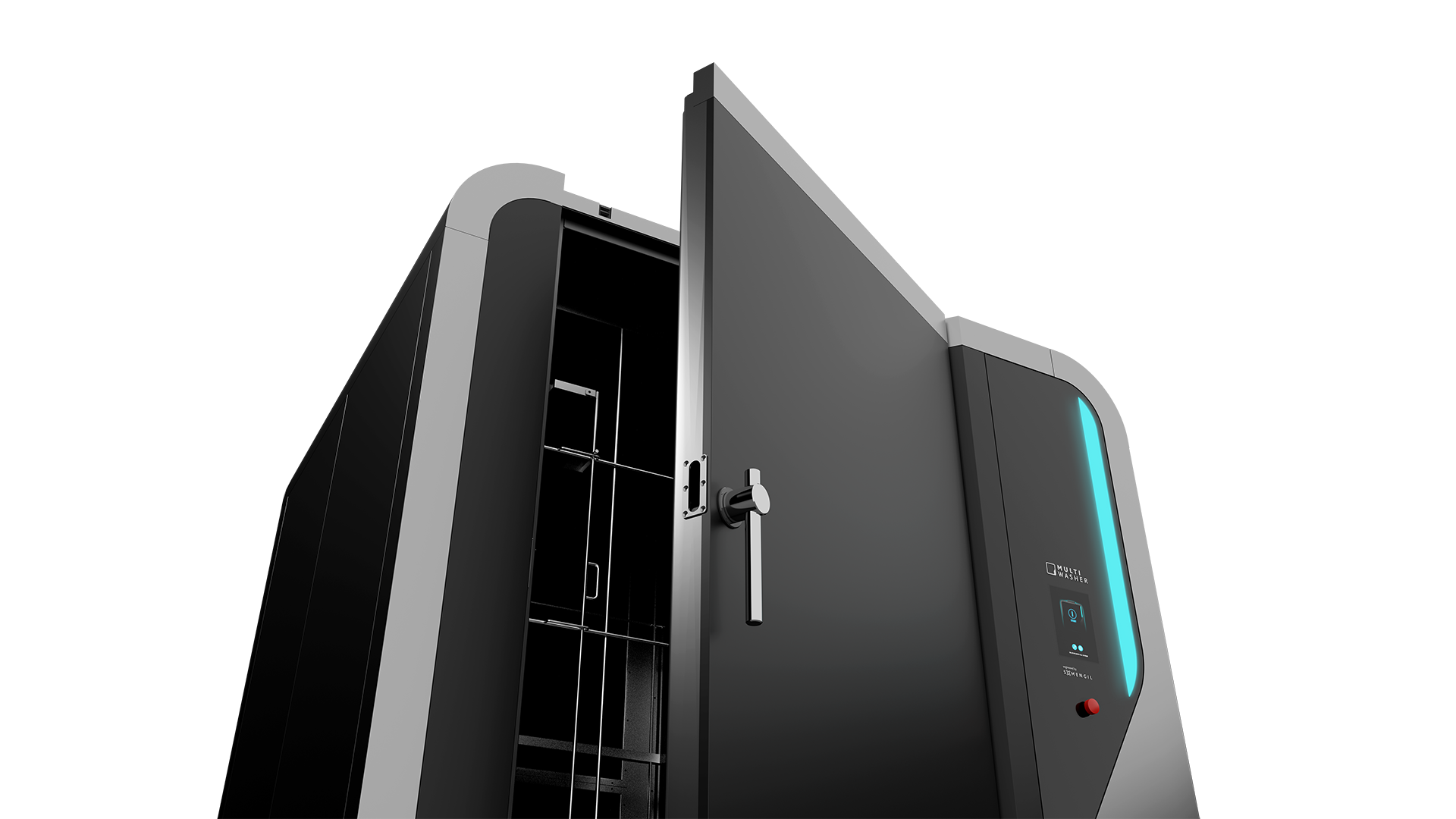
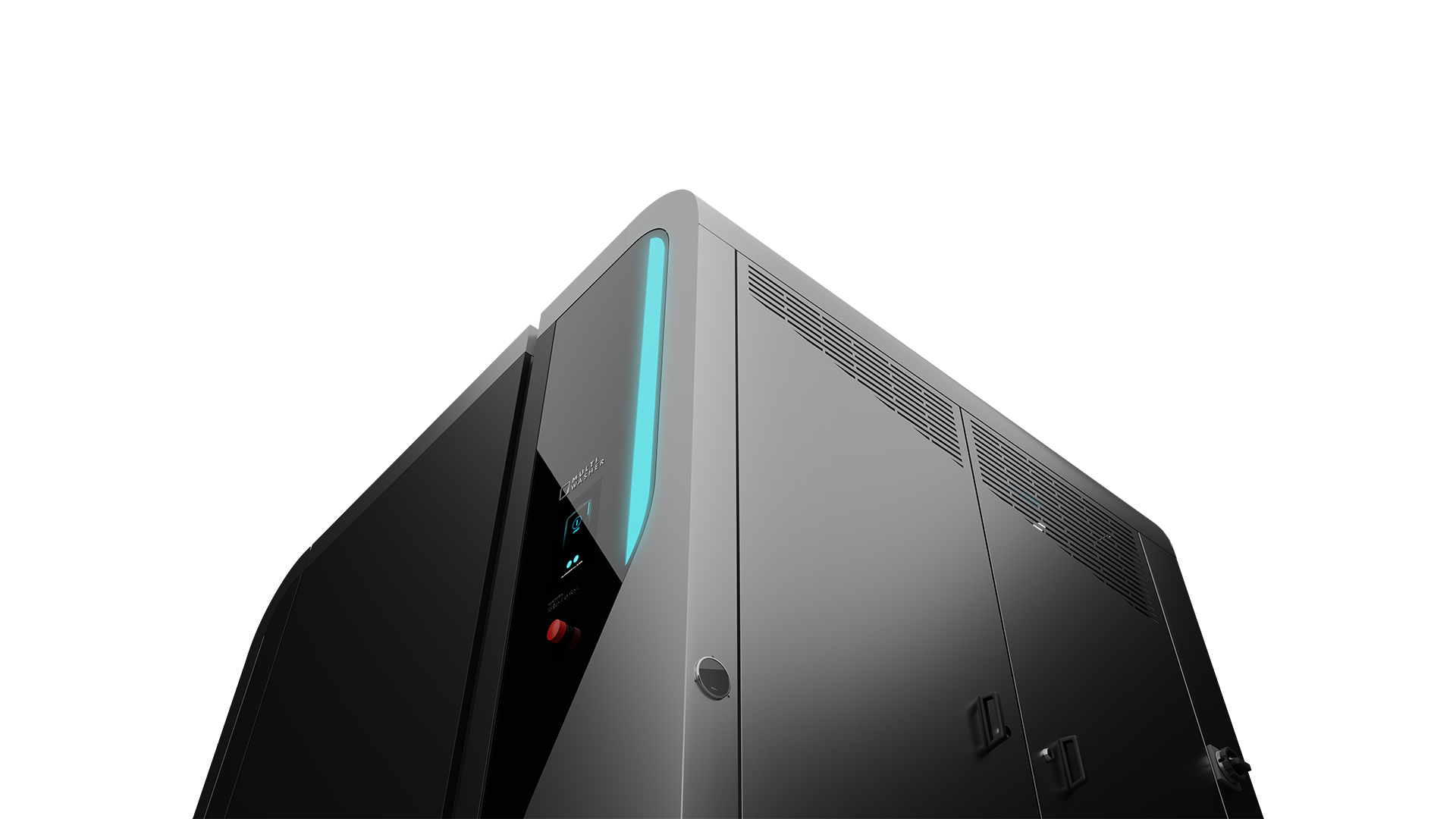
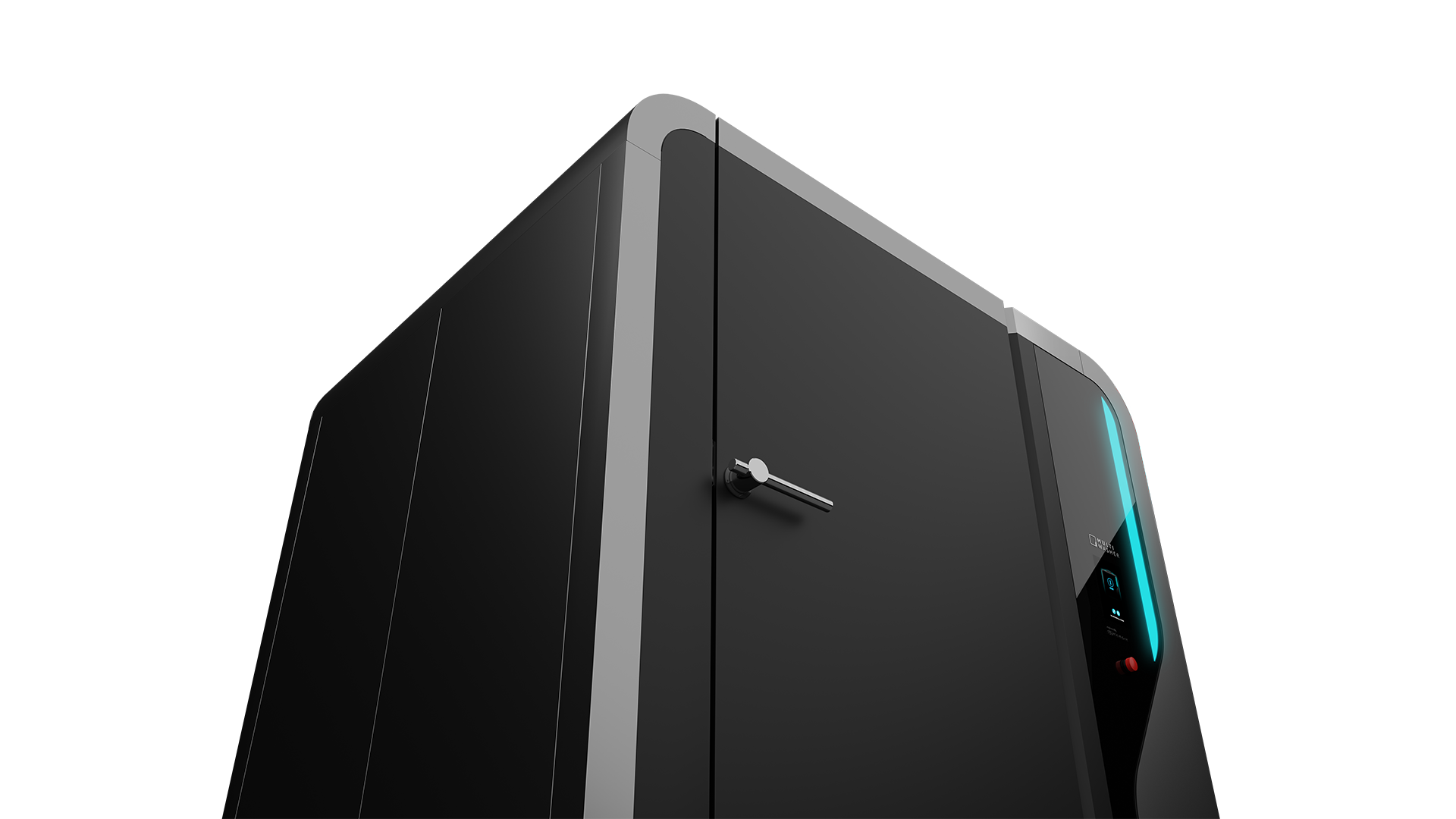
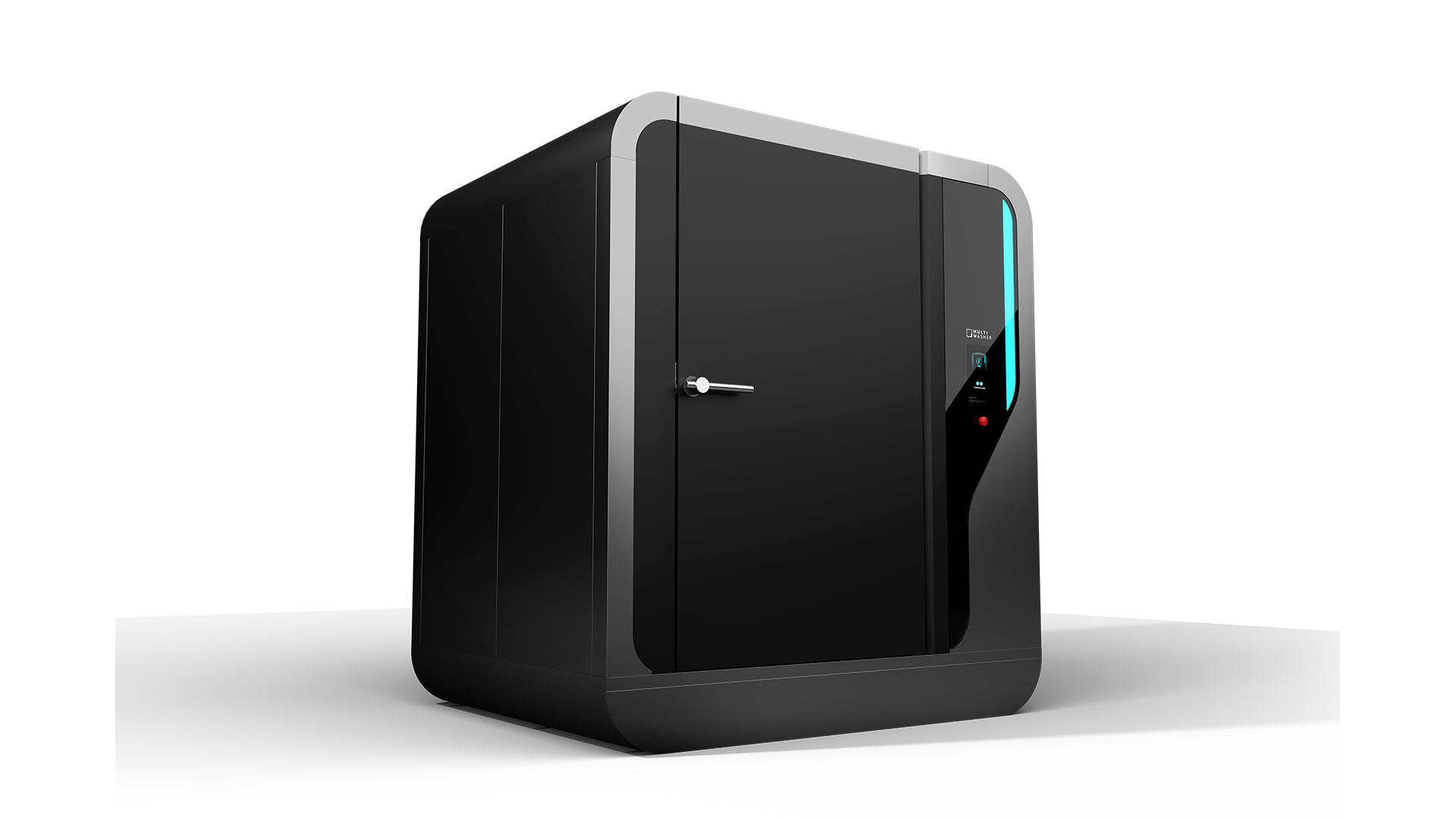
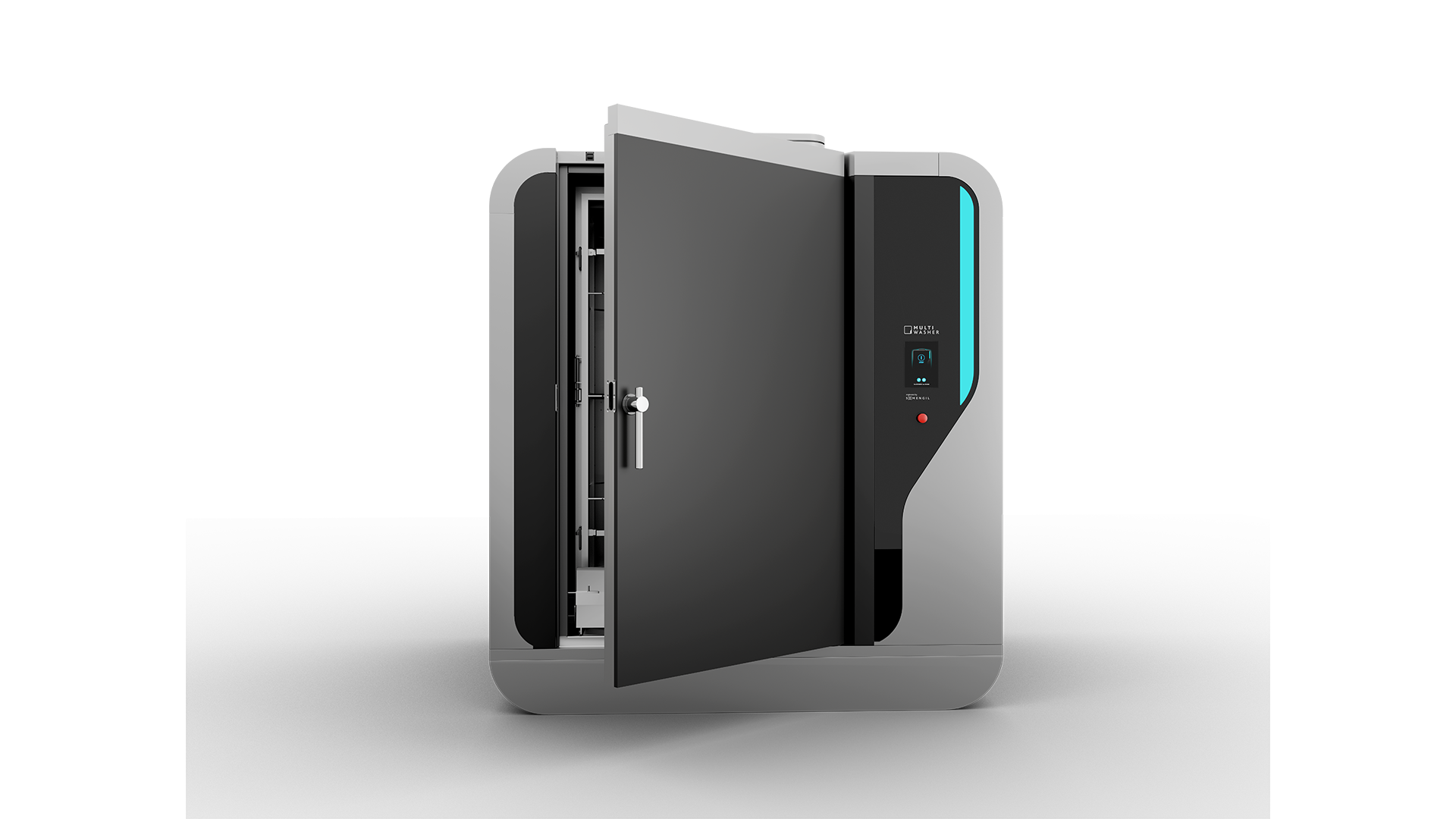
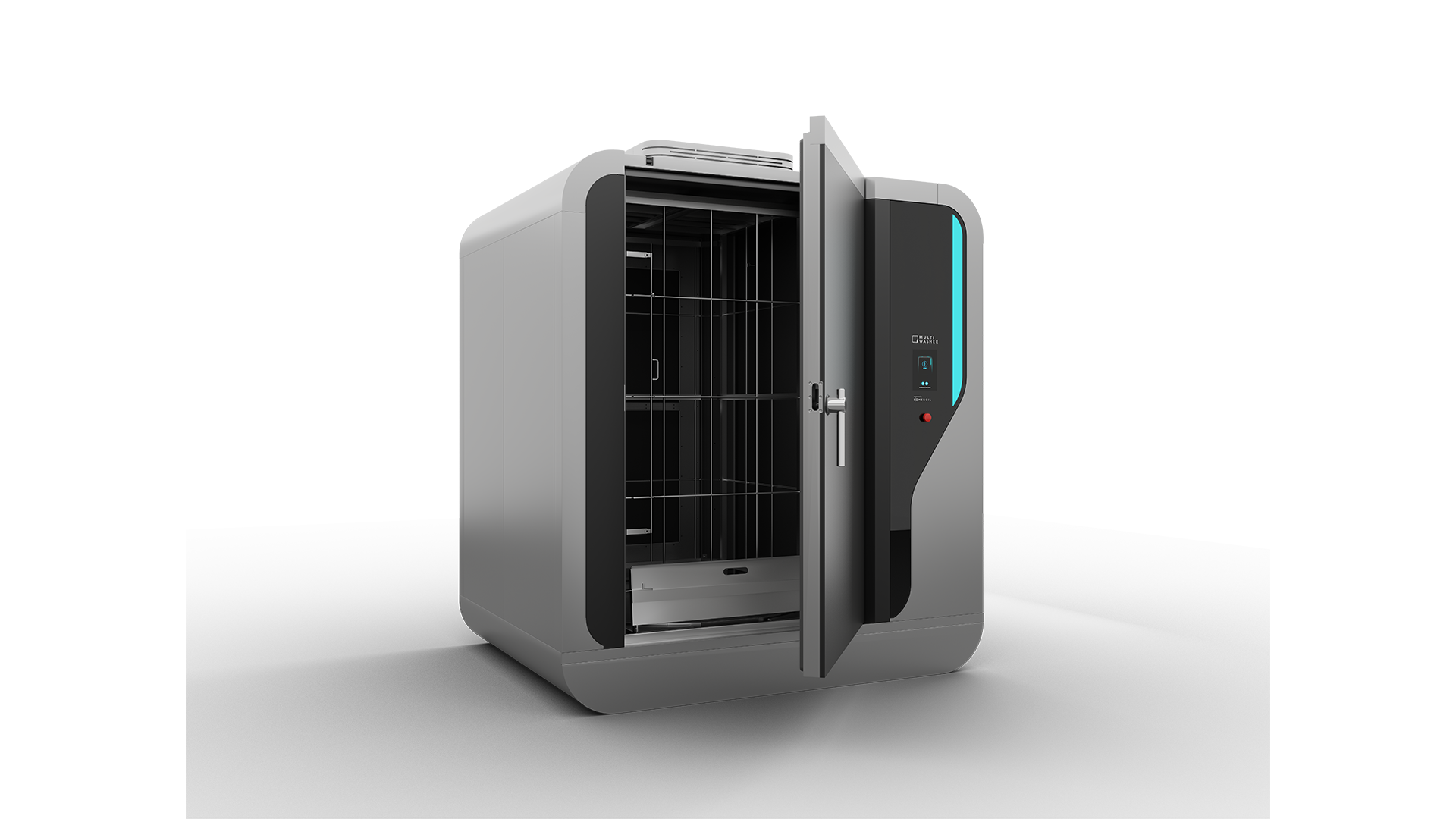
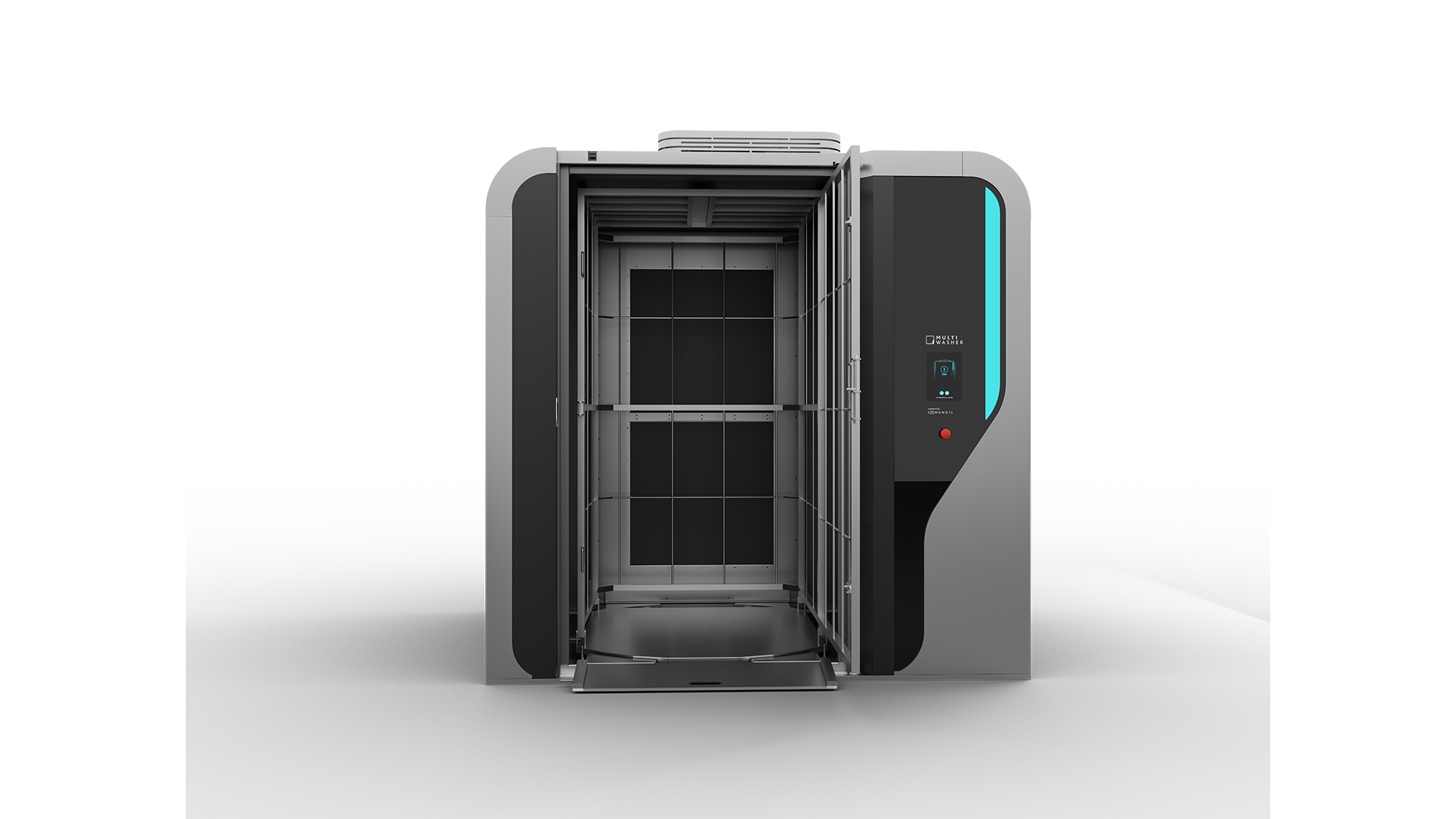
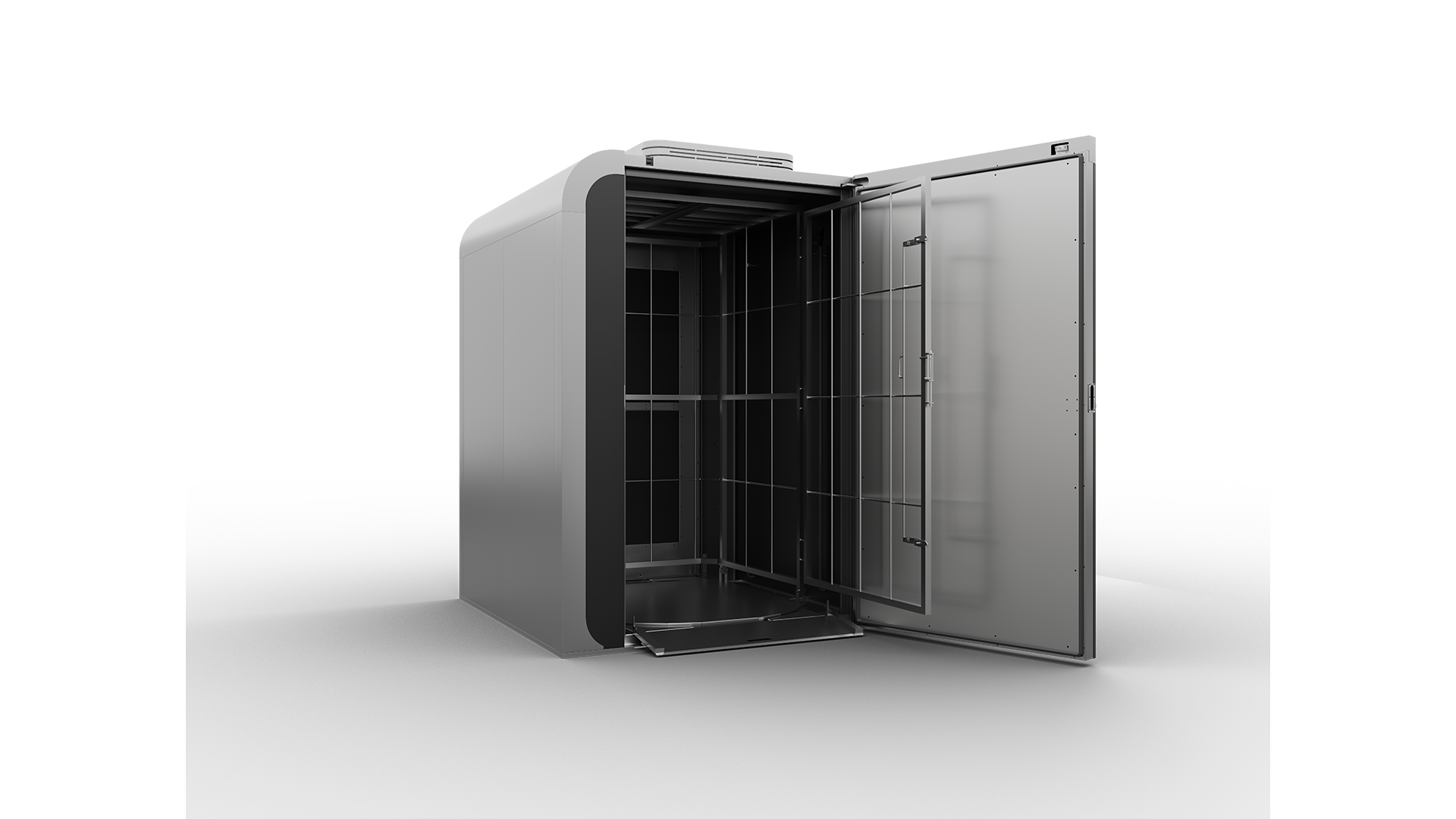
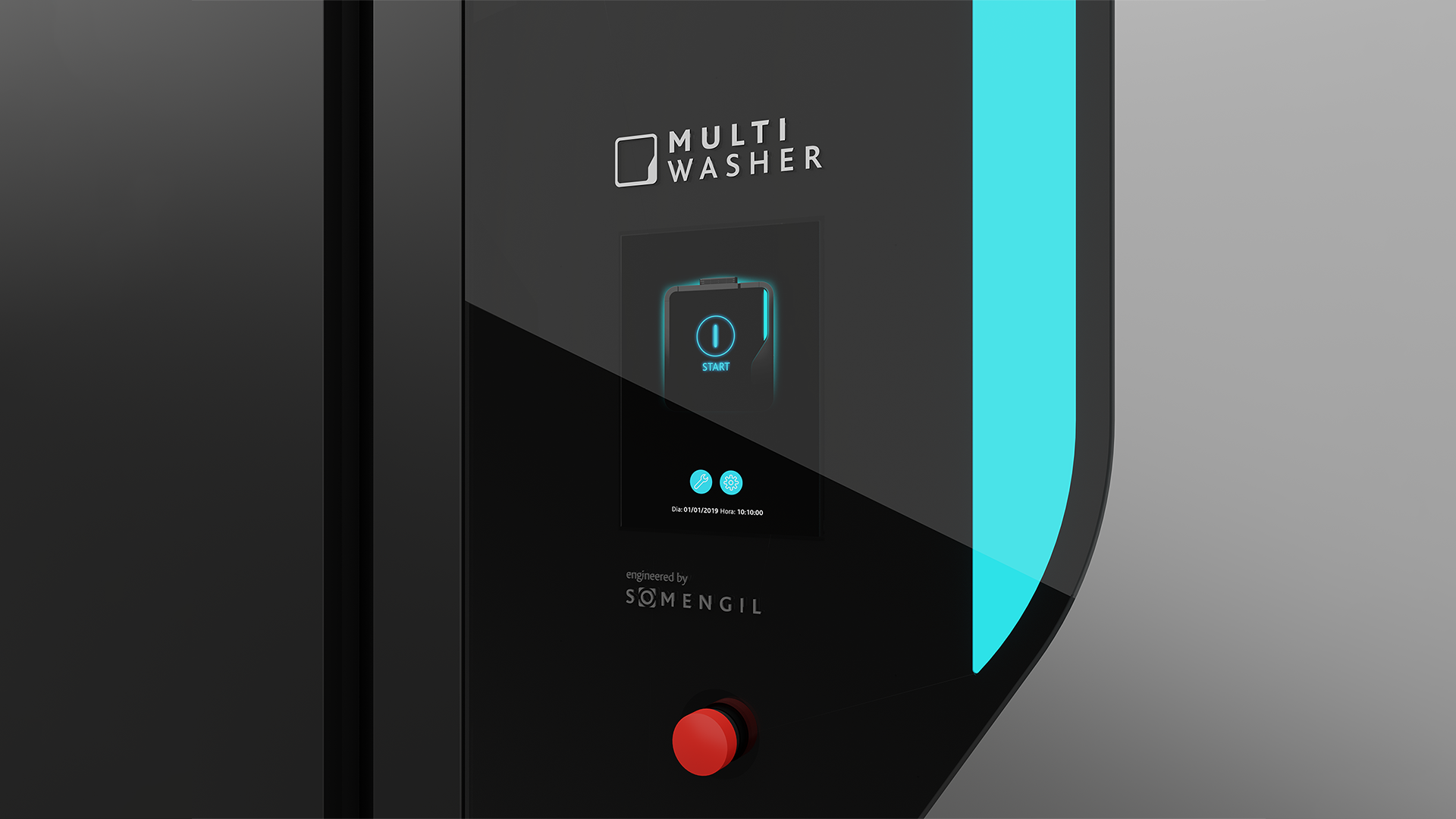
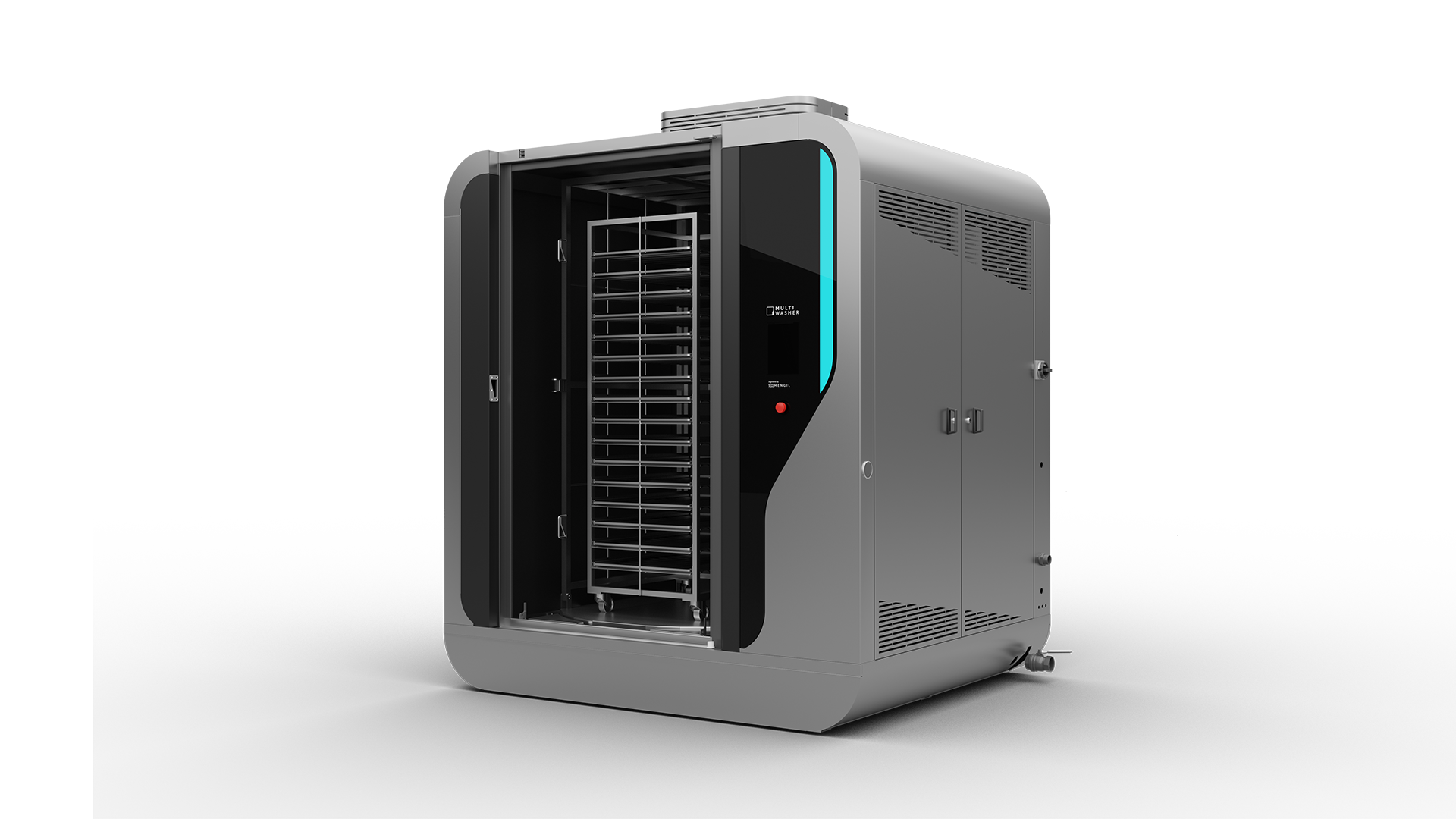
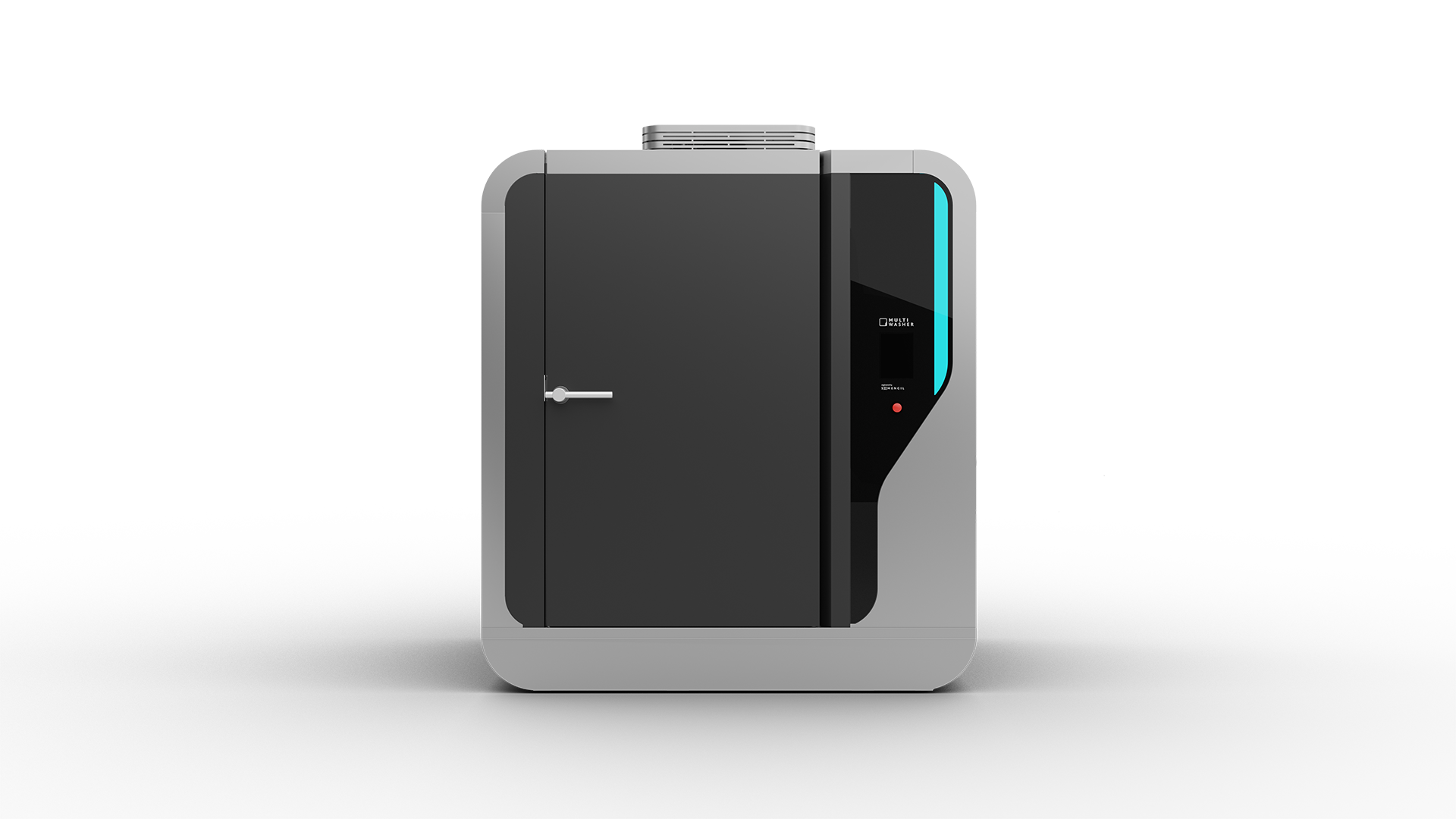

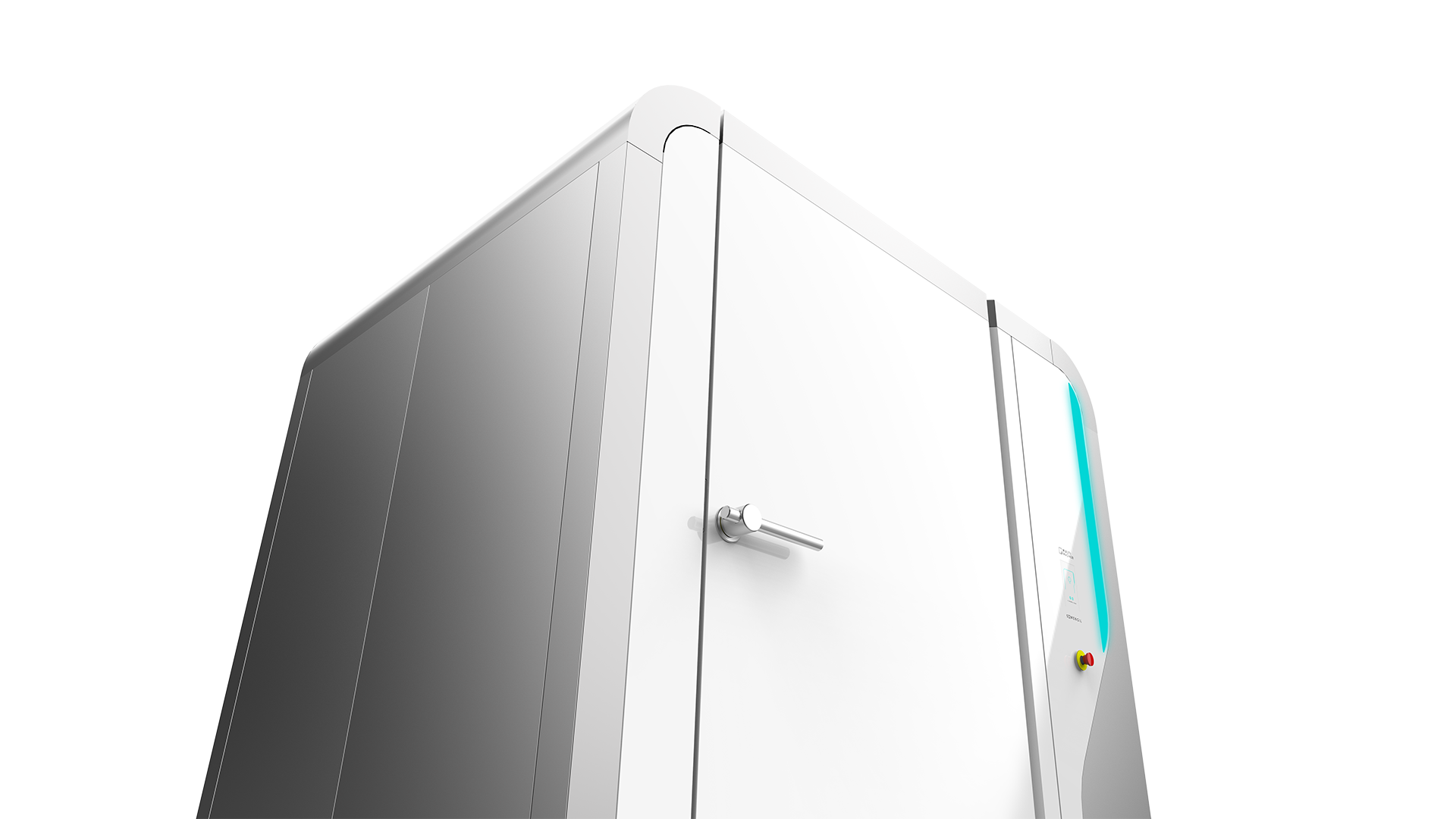
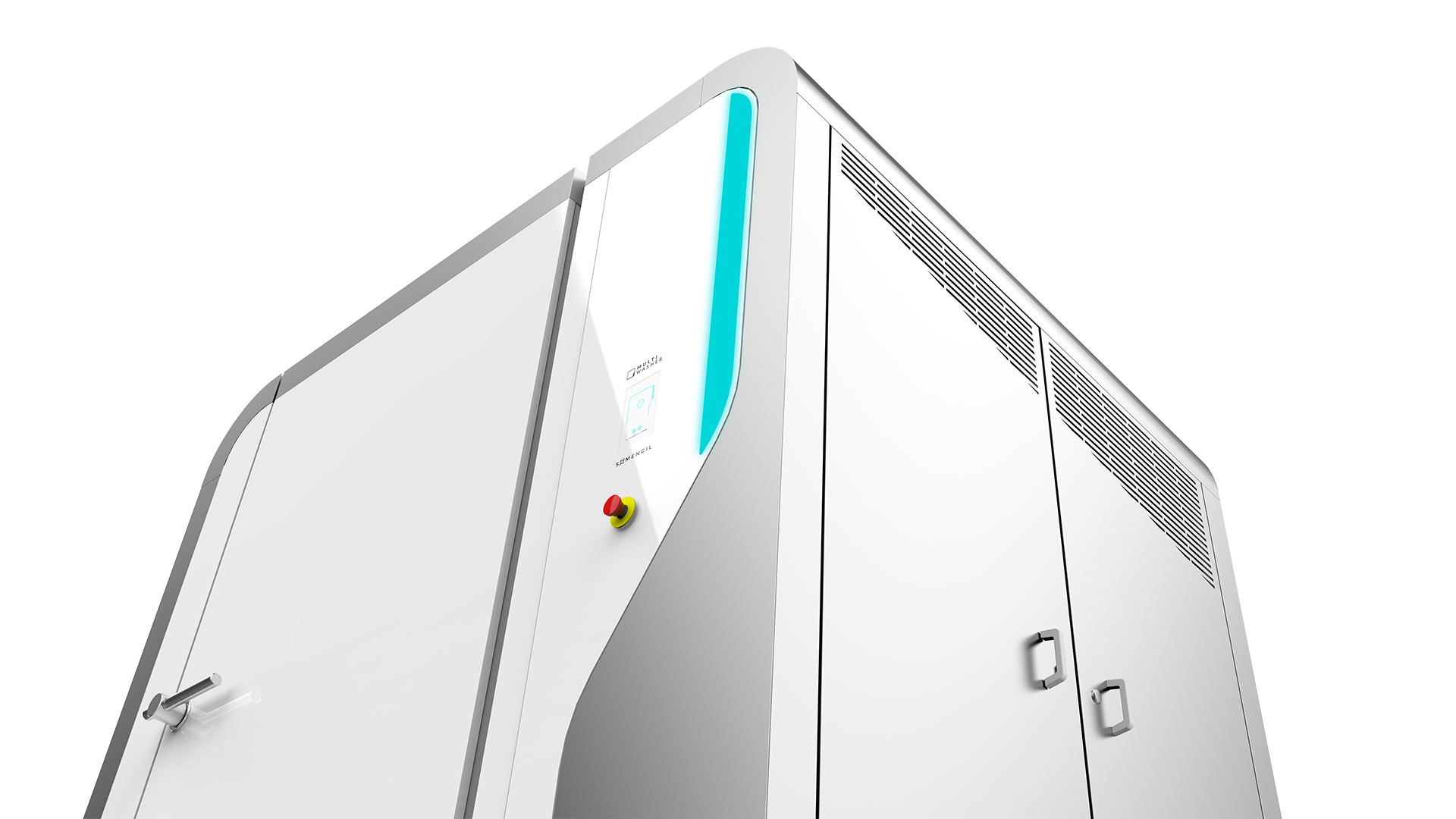
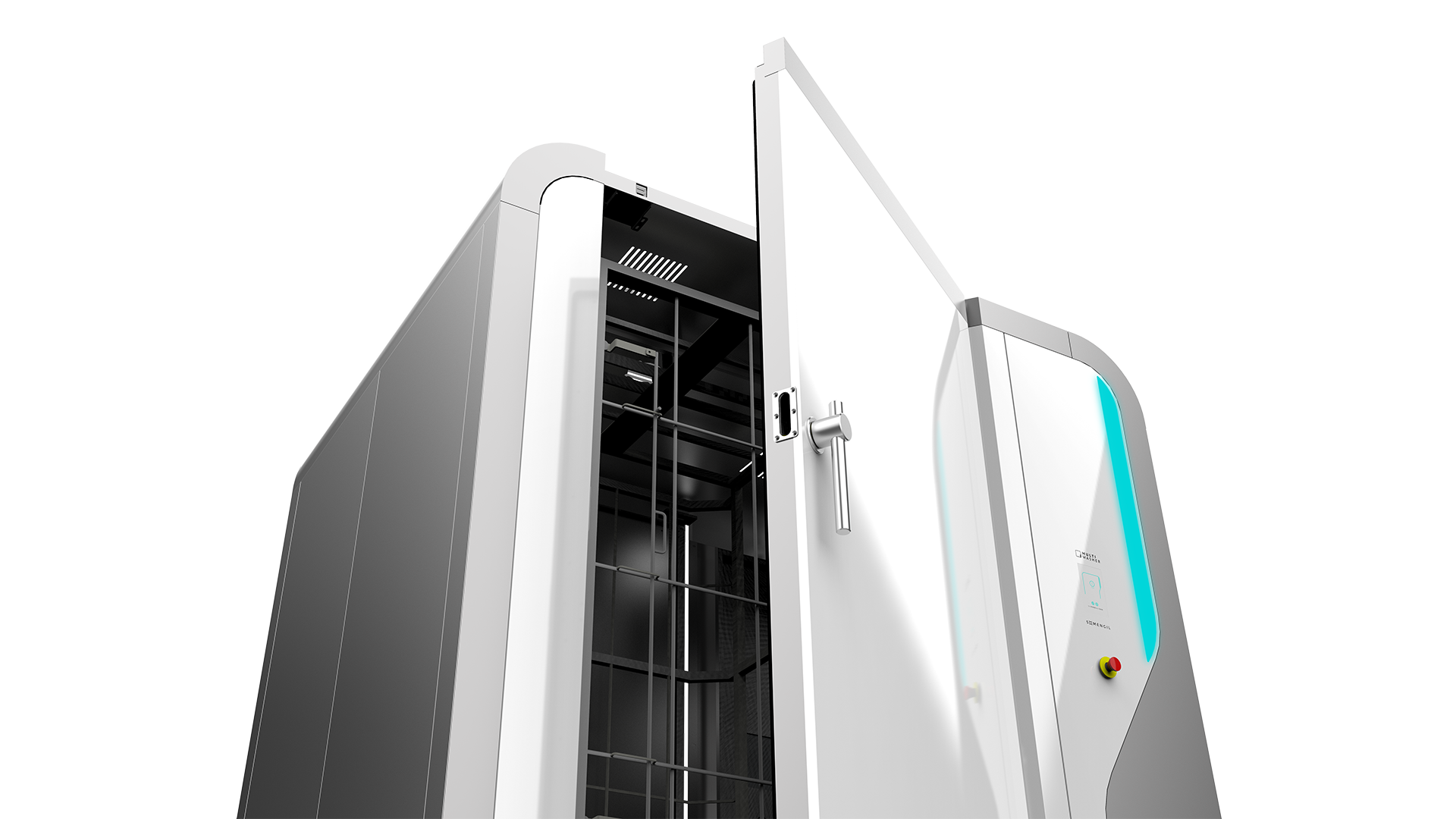
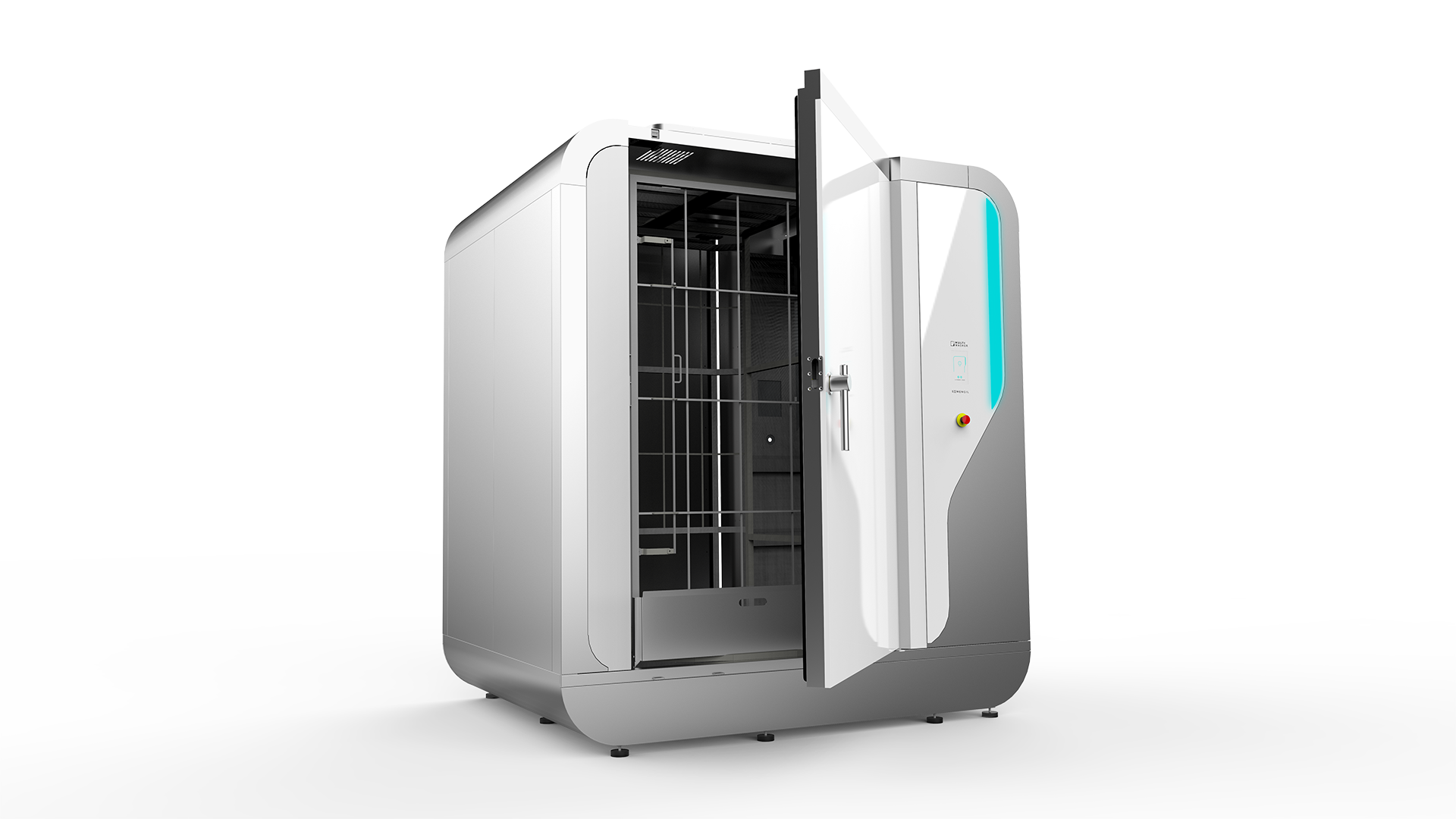
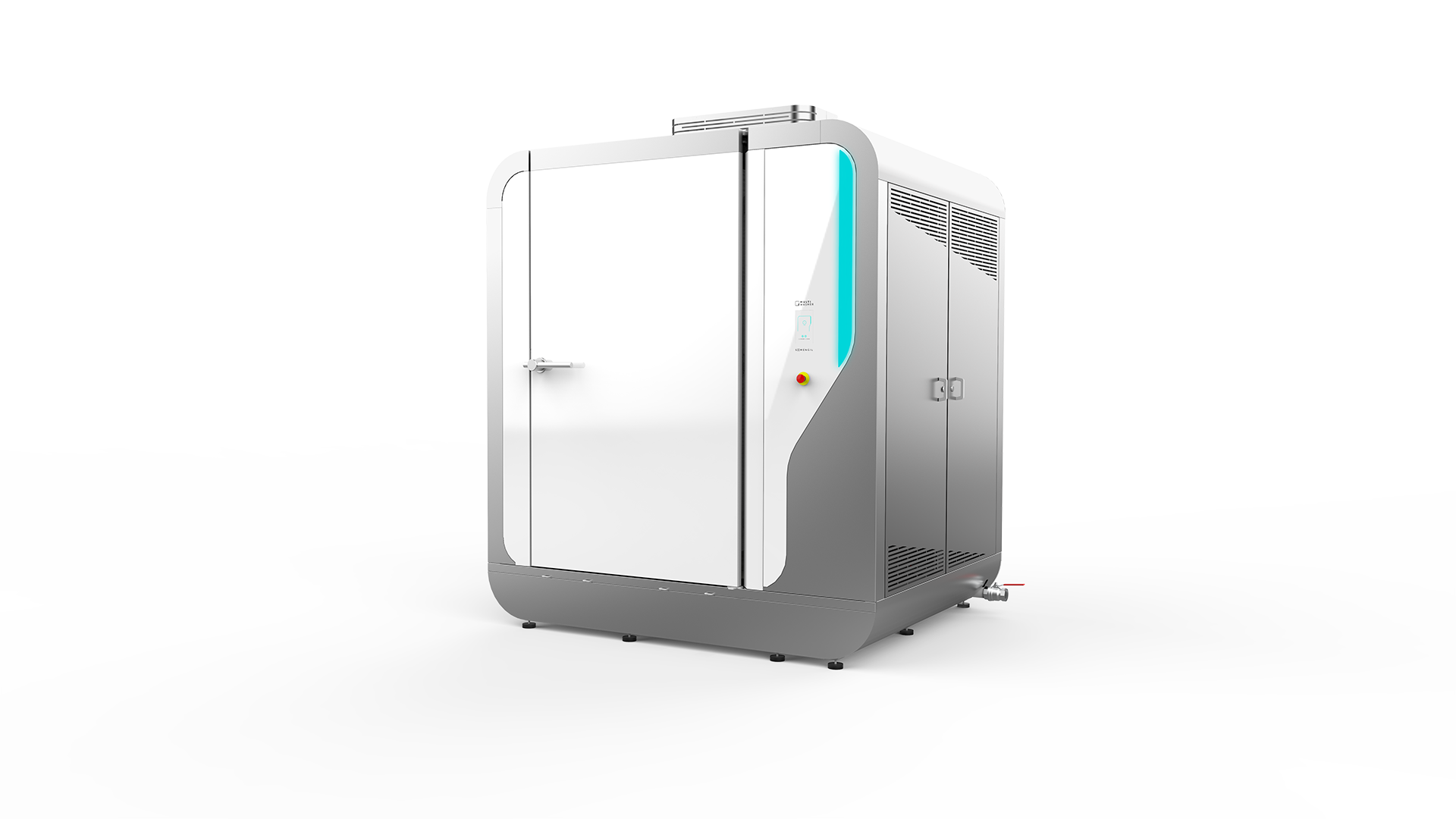
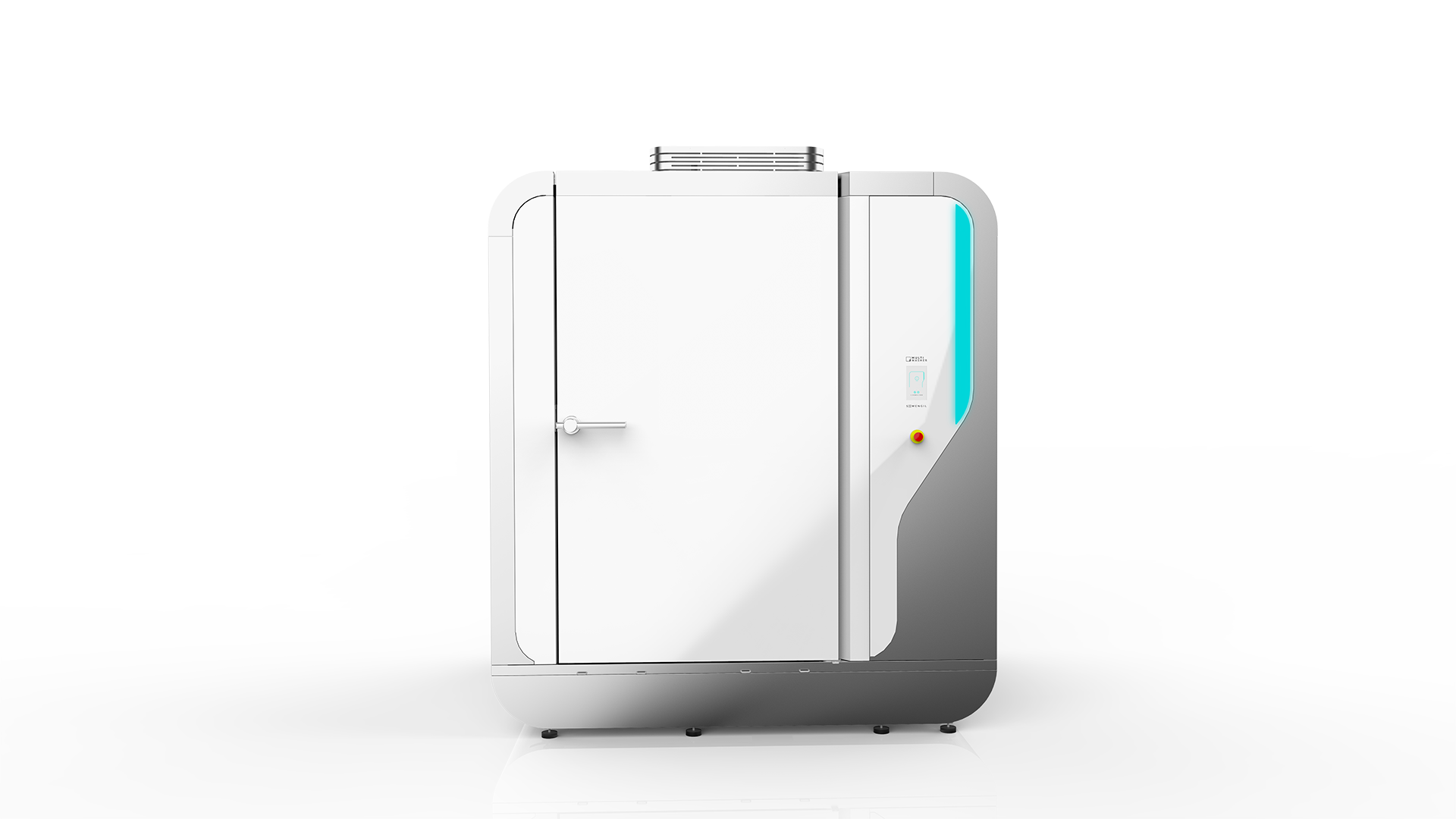
 Portugal
Portugal United Kingdom
United Kingdom United States
United States France
France Spain
Spain Germany
Germany Romania
Romania Italy
Italy Czech Republic
Czech Republic Finland
Finland Hungary
Hungary Slovakia
Slovakia Greece
Greece Lithuania
Lithuania South Korea
South Korea Russia
Russia Saudi Arabia
Saudi Arabia Poland
Poland Brasil
Brasil Hebrew
Hebrew